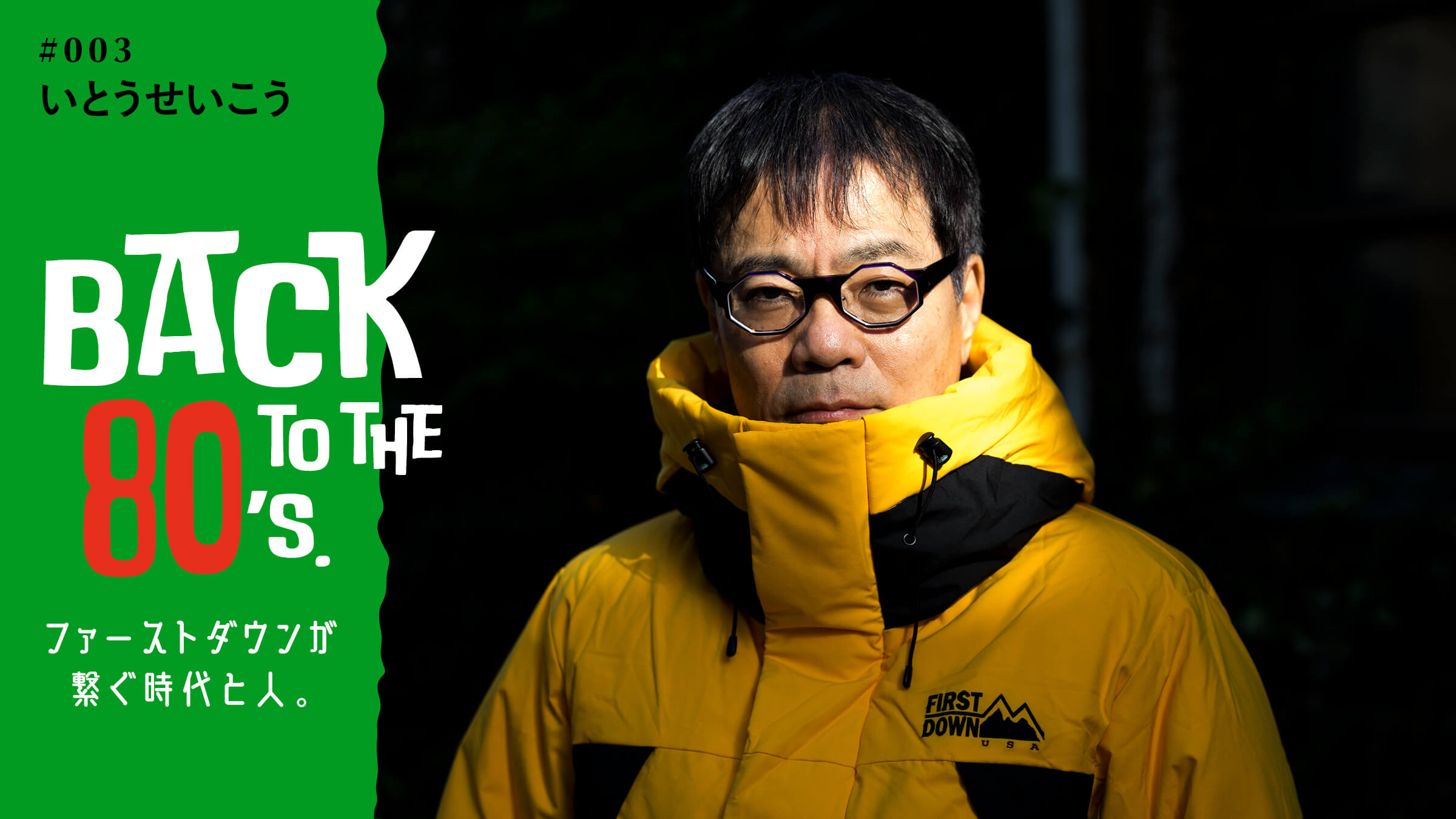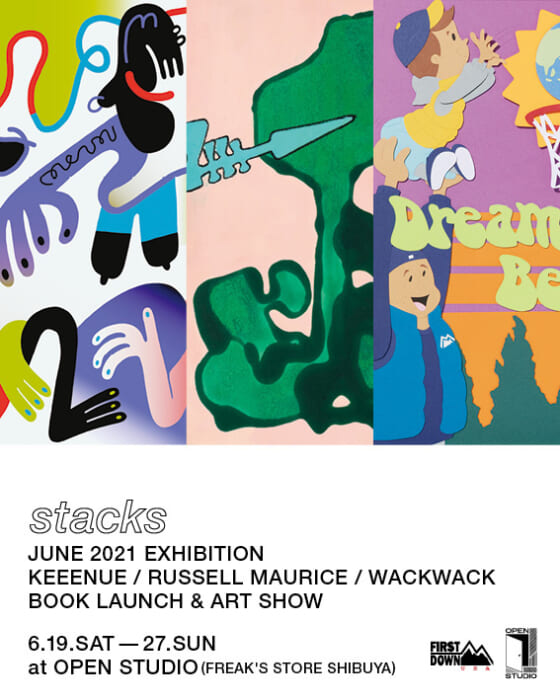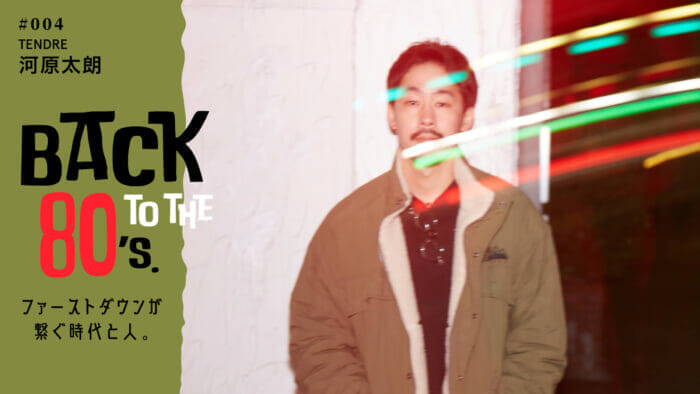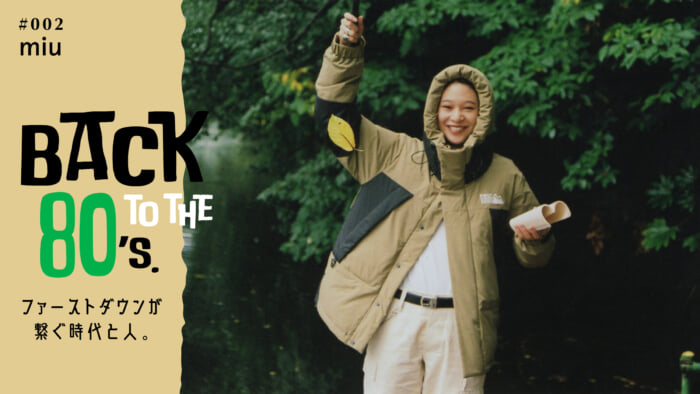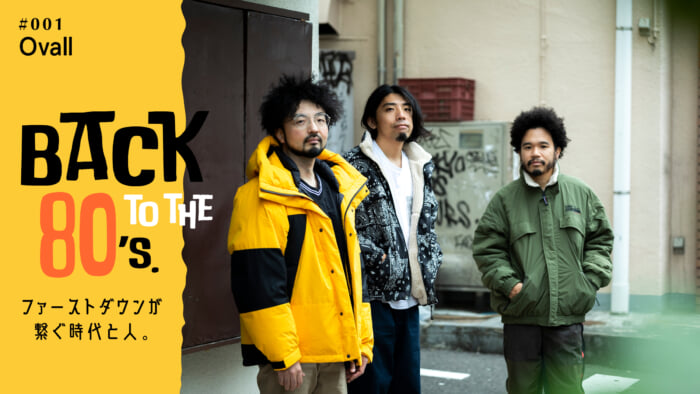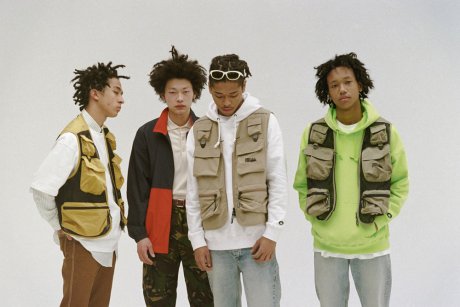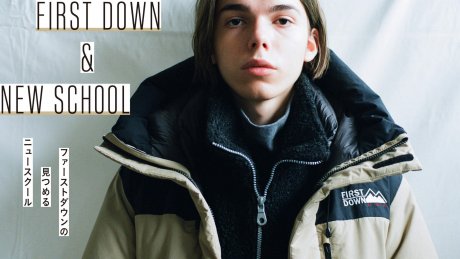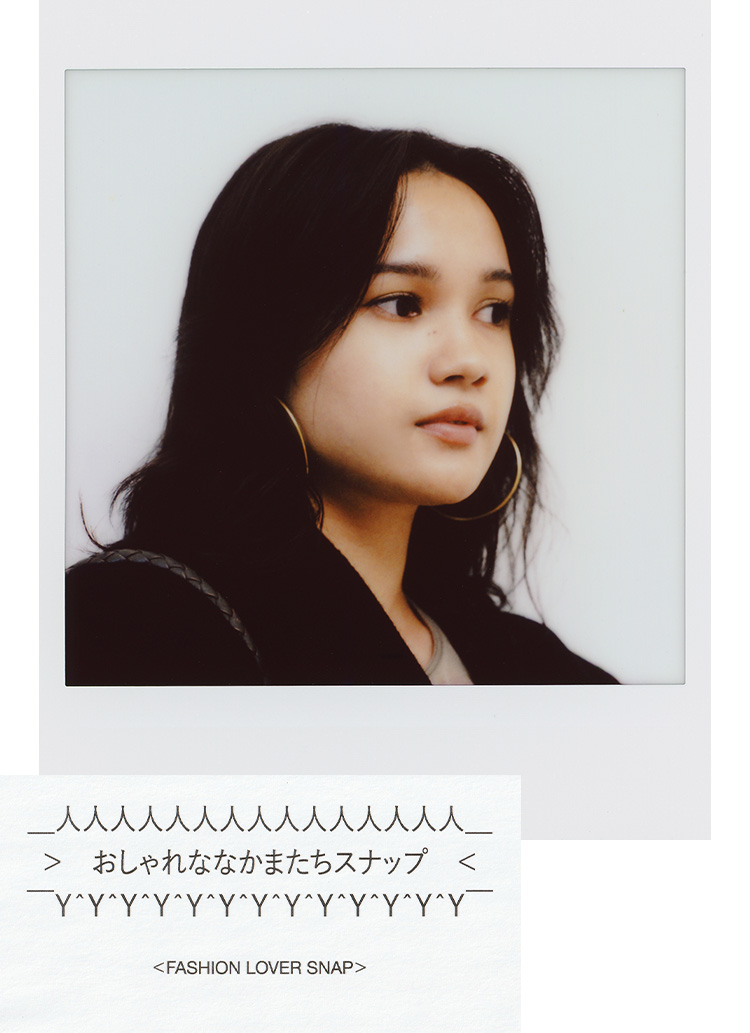I have finally reached a point where I can compete with music through words.
You mentioned dub, and now you have a dub band called Ito Seiko is the Poet.
Seikou: At is the poet, we do poetry readings with Japanese words on dubs, and when you get down to it, for example, the rhythm of the 575 syllables of haiku fits. For example, when I say, "Old pond," the meaning of the word is still in my head, isn't it? When I say "the sound of water frogs jumping into the pond," without saying it, the band members will play the delay, each of them drawing an image of the old pond in their mind. It would be cooler if something like an old pond came to mind in that way.

So it's a battle of ideas.
Seikou: Yes, yes. It would be lame to play a strange, sophisticated music when there are so many talented musicians in the room. I want to play something unique. This is what drummer Gota Yashiki, who used to be a member of the same unit as DUBFORCE, said. After playing 4 or 5 gigs and getting to know each other, Gota Yashiki and Dub Master X called the members together. We were supposed to talk about future plans, album production, etc., but they said, "You're getting used to it now, and you're playing well, but what about it?" (laughs). I play well as a studio musician every day at some site. But that is not what DUBFORCE is here for. Isn't that a very cool thing to say?
Mr. Yashiki is a man who hates scheduled harmony, isn't he?
Seikou: I guess that means it's not really good music. I think they wanted to say that we can destroy each other more, annoy each other more.


I think it is interesting that is the poet is a dub genre, but it is a project that focuses mainly on words.
Seikou: For me, this is what I wanted to do, and it took me decades to reach it. When I released the album "MESS/AGE" in 1989, and at the concert to launch the album, I was told by Jan and Dub Master X, "We'll play whatever we want, so just rap whatever you want. When the session started, there weren't many lyrics that fit the feel of the music. Even if we could get by with the words we had, the song would have changed before we realized it. Words cannot compete with music. I quit rapping because I felt that rap techniques and music could not be successfully combined. I then entered the world of classical performing arts, which taught me how to be persuasive in Japanese and how interesting words can be.

That is what ultimately led to "is the poet".
Seikou: I was surprised to find that I could do things I had thought were impossible. My verbal performance overlapped with the band members' non-verbal performance. The pleasant groove that emerges from this process is not something that can be created simply by hitting a precise rhythm on a rhythm machine. It is a pleasant groove that is created when everyone continues to play one beat while the rhythm is slightly off. That is the mysterious charm of the music.


